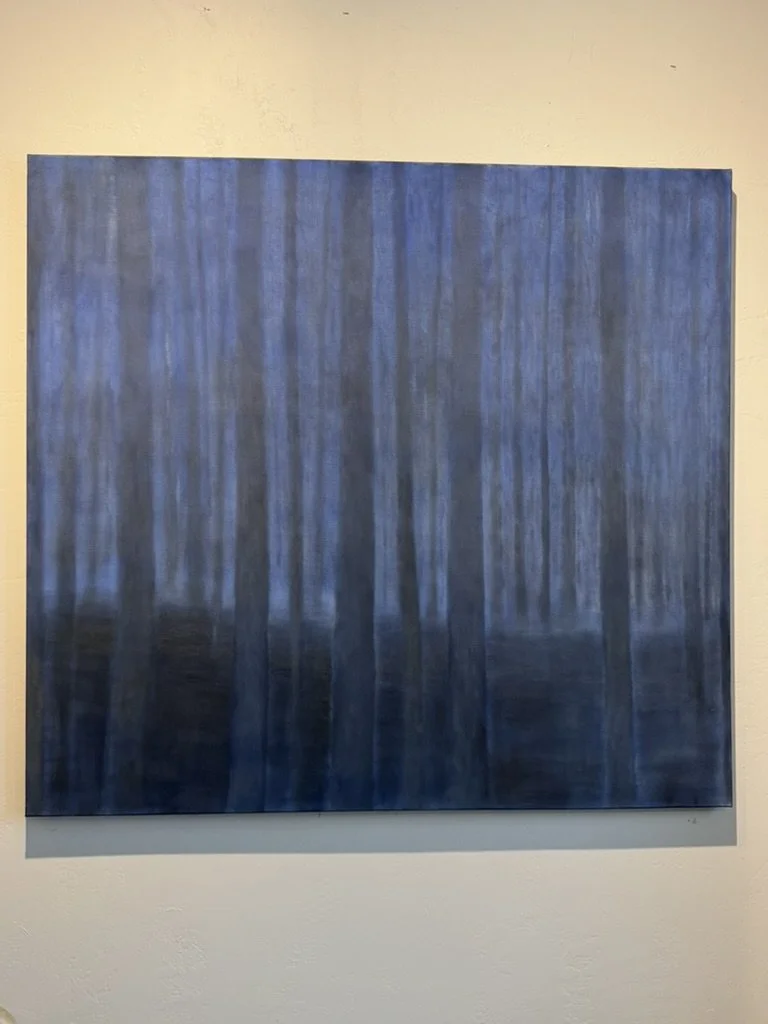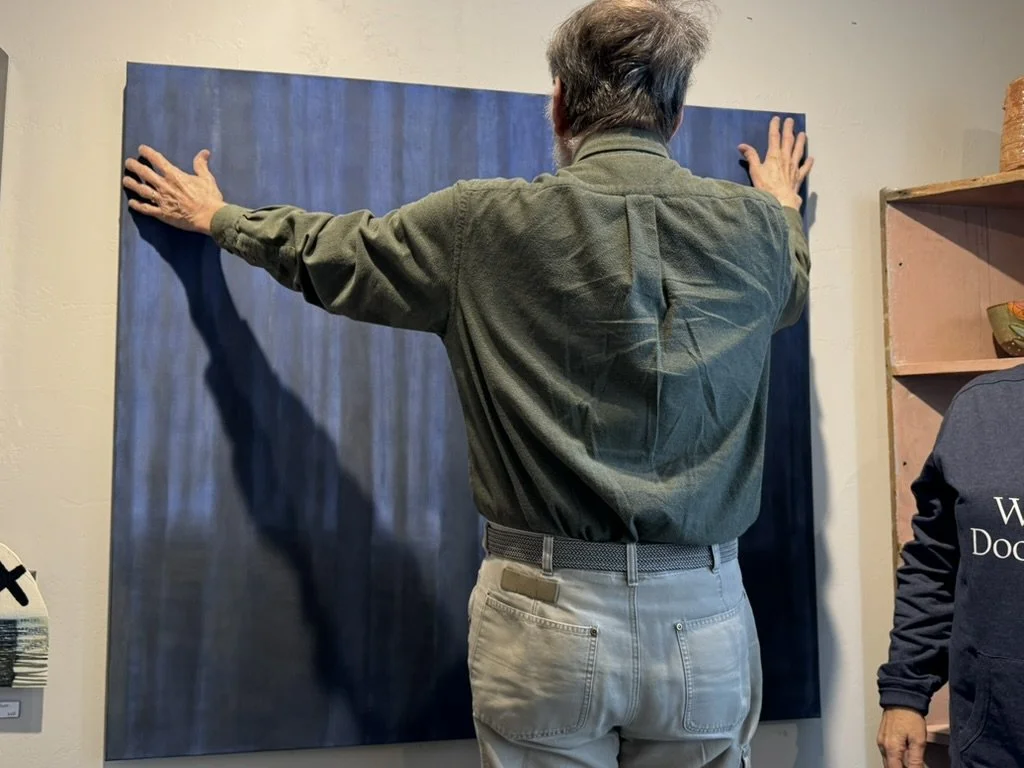Tori, I’ve been doing a lot of writing lately. Peter, Carrie, and I have been working through Steve Kowit’s In the Palm of Your Hand, and the first four chapters have inspired many new poems. Most of them are going into my book, Summer Days at the Five and Dime, which Ruth Crocker is publishing—she felt the poems were good, relatable, and worth sharing with the world. Kowit’s prompts touched deeper areas of memory—more serious stuff. I’ve added several heavier poems to the collection. This is one. I was thinking it feels finished. Is there anything that jumps out at you? I welcome your feedback.
What the Neighbors Heard
Mother set down a pan of oven-baked chicken
at my father’s place for him to dish up dinner.
Baked potatoes. Steamed broccoli.
As soon as we lifted our forks
they’d start in. Picking at each other
as we picked at our chicken.
He was critical of every
little thing she did, or didn’t do.
She was bone-tired, full of complaint.
I’ve had it, she’d say. Stuck home all day,
a slave to the kitchen. A slave to this house.
A slave to this life, while you go out and have fun.
He announced another fall fishing trip
up north to the Brule, gone a week.
She would feed the hunting dogs, shovel their poop
from the pen, haul it across the road to a field.
Hot summer served up a side dish of insults.
He mocked her frizzy permanents.
She said his feet were too big,
she was always tripping over them.
Then came the escalation.
You can just go to hell!
Shit on the broccoli, she screamed one night.
Goddammit, Betty, he shot back.
Dining room windows open. I froze mid-bite.
Their curses drifted through the neighbor’s screens,
met by muffled whispers from their porch.
My aunt said it was how they showed love.
My stomach curdled. I called them Roarers
I told my best friend I wanted to write Ann Landers.
One night, we wrote the letter.
Ashamed, I never mailed it.
Here’s my revised version with additional examples and dialogue. It wasn’t the fights at home as much as my embarrassment in the summer when the neighbors heard all this. It was our family secret let out in the open (The prompt was to write about a secret, 35 lines or less). I think the title I have is important. I had “The Roarers” for a first title—but thought it was confusing.
Dialogue is in italics throughout. The letter to Ann Landers is a key part of this poem; I was so miserable, I didn’t know who I could turn to to talk about it.
You mentioned your poem in “Vaginas…” and yes, I was thinking of it as I was writing this, how we both had “lively” parents and childhoods. ;-)
Thank you for your good suggestions! I like ending it with what my aunt said.
Is it too big a leap to go from my embarrassment with the letter to Ann Landers and into my aunt’s comment? ( BTW, when arranging a small plaque on my parents’ niche, at the mausoleum in Wausau, we almost had “Shit on the broccoli” engraved on it on my mother’s side, but there wasn’t room. LOL)
What the Neighbors Heard
Mother set down a pan of oven-baked chicken
at my father’s place for him to dish up dinner.
She removed her apron, sat at the other end of the table.
My brother and I were opposite each other, a table of four
As soon as we lifted our forks, they’d start in.
They picked at each other as we picked at our chicken.
Where’s the paprika for the cauliflower?
Where’s his mug of green broth from the broccoli?
I’ve had it, she yelled, Stuck home all day,
a slave to the kitchen. A slave to this house.
A slave to this life, while you go out and have fun.
He announced another fall fishing trip
up north to the Brule, gone for a week.
She would feed the hunting dogs, shovel their crap
from the pen, haul it across the road, fling it in a field.
Hot summer served up a side dish of insults.
He mocked her frizzy permanents,
her stash of lotions, potions, and pills
the endless headaches at bedtime.
She said, Your feet are too big,
gunboats to trip over in the bedroom.
Fishing rods leaned into corners of the living room.
Who has fishing rods in their living room?
Today, I stepped on a fishhook stuck in the rug!
You can just go to hell! He said
Shit on the broccoli, she screamed
Goddammit, Betty, he shot back.
Dining room windows open, brother and I froze mid-bite.
Their curses drifted into the neighbor’s open windows.
My stomach curdled. I called them The Roarers.
I wrote a letter to Ann Landers asking for help to make it stop
but was too embarrassed to mail it.
My aunt said it was how they showed love.


